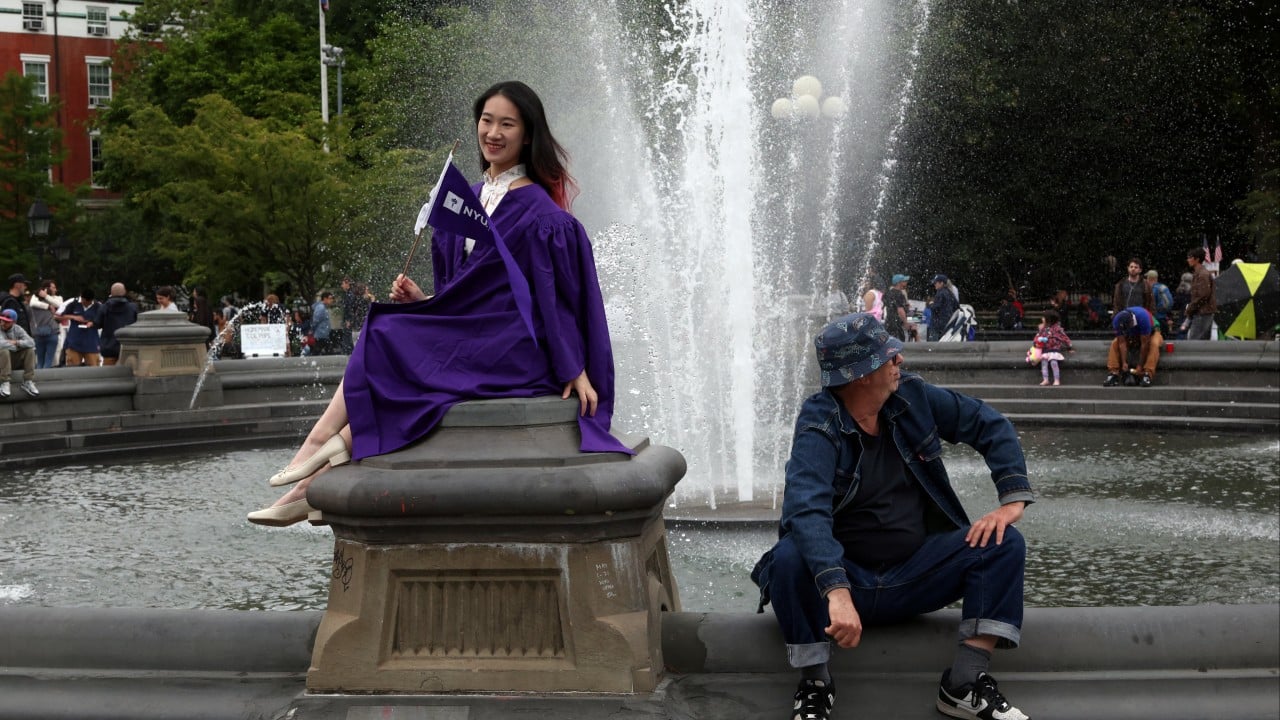Where would the United States be without immigrant talent? Some of the country’s leading tech companies, including Alphabet and Nvidia, were founded or co-founded by immigrants. Two-thirds of the tech workers in Silicon Valley are foreign-born. According to research by the Institute for Progress, 60 per cent of the US’ top artificial intelligence (AI) companies have immigrant founders, including former international students.
Advertisement
The role of Cambridge, Massachusetts as a magnet for global talent is being undermined by the Trump administration. Notwithstanding a court injunction, the White House is intensifying its effort to bar Harvard University from enrolling international students.
This was a major escalation of Trump’s war with Harvard, in which he has frozen the school’s federal funding. More broadly, the US has slashed funding for the sciences. US Secretary of State Marco Rubio has also threatened to aggressively cancel Chinese students’ visas.
Could all this prompt a brain drain from the US? Recent developments in the US would compromise its human capital for sure.
Restricting international students would hamper the talent pool for US graduate schools. About half of US STEM PhDs are conferred on international students. While overseas applications for graduate student or postdoctoral positions in the US from China and Europe are decreasing, more American students are exploring academic options abroad.
Advertisement
If the intention for such restrictions is to slow China’s technological progress, it is perhaps too late. Since 1978, around 8 million Chinese students cumulatively have gone abroad for education, with more than 80 per cent of them reportedly returning. Some of them are teaching at universities in mainland China or Hong Kong. Now, Chinese students can obtain world-class education domestically.

